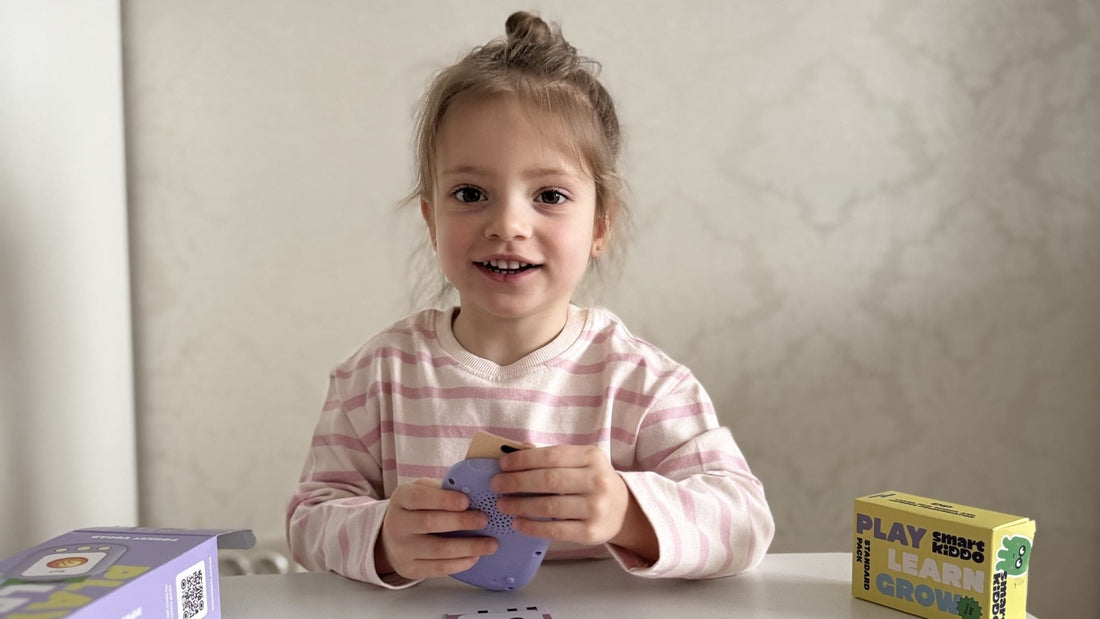
Improving pronunciation in kids: Simple strategies for clearer speech
Pronunciation plays a huge role in a child’s confidence and communication skills. When kids struggle with certain sounds, they may get frustrated, speak less, or be misunderstood by others. However, with the right approach, you can help them improve their speech naturally — through play, practice, and everyday conversations.
Why pronunciation matters
Clear speech helps kids express themselves, build social confidence, and develop strong reading and writing skills. According to the American Speech-Language-Hearing Association (ASHA), early speech challenges can impact literacy and social interactions if not addressed. While some mispronunciations are a normal part of development, consistent difficulty with certain sounds may need extra attention.
Common pronunciation struggles in young children include:
✔️ Substituting sounds (“wabbit” instead of “rabbit”)
✔️ Omitting sounds (“nana” instead of “banana”)
✔️ Distorting sounds (“thun” instead of “sun”)
If your child is struggling with pronunciation, these simple, play-based strategies can help!
5 fun ways to improve pronunciation
1. Break words into sounds
Help kids pronounce tricky words by breaking them down into smaller parts. For example, if “spaghetti” is difficult, say it slowly: “spa-get-ti”. Have your child repeat each part, then say the full word.
2. Play with sounds in everyday speech
Turn daily conversations into pronunciation practice. If your child struggles with “s” sounds, emphasize them naturally:
“Wow, that’s a ssssuper soft blanket!”
“Let’s ssslide down the slide!”
This keeps learning fun and pressure-free.
3. Use mirrors and exaggerated speech
Kids learn by watching! Stand in front of a mirror together and show how your mouth moves when saying certain sounds. If your child struggles with “L,” exaggerate it:
“Lllllike this!”
Then, have them try copying the movement.
4. Make it musical
Songs and rhymes naturally improve pronunciation. Try classics like “She Sells Seashells” or make up your own silly rhymes using tricky sounds. The rhythm and repetition help reinforce correct pronunciation.
5. Encourage talking through screen-free play
Kids refine their speech best through real-world interactions, not passive screen time. Toys and games that promote conversation help kids practice pronunciation naturally.
With a little patience, play, and the right tools, your child’s speech will grow stronger every day!
References & footnotes:
- American Speech-Language-Hearing Association (ASHA) – Speech and Language Development in Children
https://www.asha.org - KidsHealth (Nemours) – How to Help Your Child’s Speech Development
https://kidshealth.org - University of Connecticut – UConn KIDS – Effects of Early Language Development on Learning and Social Skills
https://kids.uconn.edu - Mayo Clinic – Speech Delay in Toddlers: Causes and Treatments
https://www.mayoclinic.org - National Institute on Deafness and Other Communication Disorders (NIDCD) – Understanding Speech and Language Milestones
https://www.nidcd.nih.gov